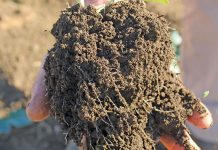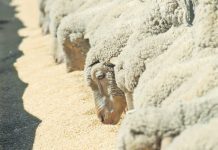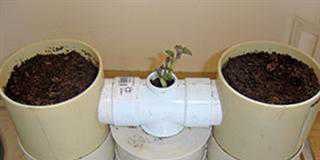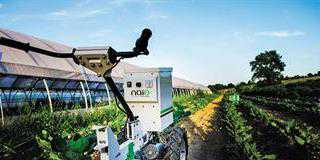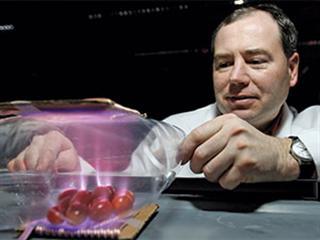
Researchers say it may be possible to have safer packaged liquids, fruit and vegetables. Exposing the packages to an electrical field for only minutes may eliminate food-borne pathogens. Food science professor at Purdue University Kevin Keener has used electricity to generate plasma, or ionised gas, from atmospheric gases inside the package to kill bacteria such as Escherichia coli and Salmonella.
The process creates a variety of bacteria-killing molecules including ozone, nitrogen oxides and hydrogen peroxide. These exist for only a few hours and then revert to the original atmospheric gas, leaving a bacteria-free product. “I think it has potential in dairy products,” says Keener. The scientist works with researchers at Dublin Institute of Technology, National Centre for Plasma Science and Technology at Dublin City University in Ireland, and Innovació i Recerca Industrial i Sostenible in Spain.
Together, they are developing a pre-commercial system for larger-scale decontamination testing. His report in the Journal of Applied Microbiology states that sealed-package atmospheric plasma kills bacteria in growth media. Experiments showed that surface bacteria were eliminated after just 20 seconds of treatment. “Even in the most resistant bacteria-growing media, 45 seconds of treatment gave us complete elimination of E. coli,” says Keener.
Adapting the technology for liquids could allow development of portable devices to make water from contaminated sources potable. And food processors could bottle juices without heating them, a process widely used to kill bacteria but can alter products. “This could be developed to achieve something similar to pasteurisation without the heat and quality
changes of that process,” says Keener.
New methods are being sought as alternatives to washing food in a chlorine bath.“Chlorine water works well on hard smooth surfaces,” he says. “But if bacteria get inside organic matter on the produce, chlorine is ineffective. Results from testing of E. coli bacteria in liquid suspensions demonstrated bacterial reduction with no heating or visual colour change.This suggests that atmospheric cold plasma treatment may achieve a cold pasteurisation process for liquid foods to extend shelf-life and improve safety.”

